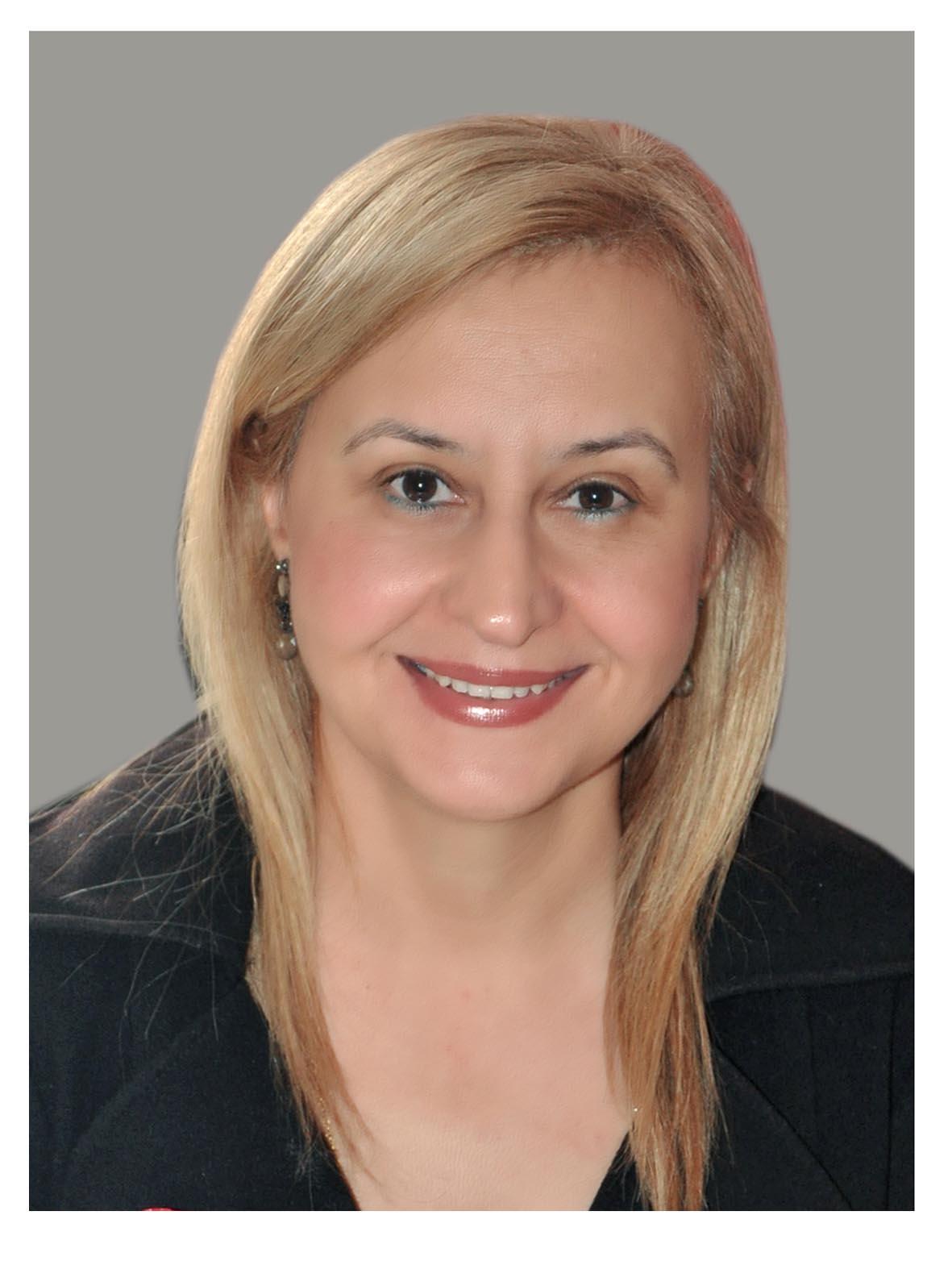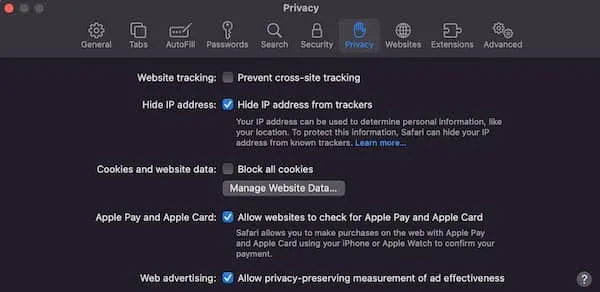
Disruptions in Functional Connectivity in Neurological Disorders presented by Gulgun Sengul, MD on January 24, 2025 at 12:00pm Eastern time
CLICK HERE for more details and to register
1 CE credit is available for purchase when webinar is attended live in its entirety. To purchase CE credit, CLICK HERE.
Functional connectivity, the study of how different regions of the brain communicate and coordinate their activity, is essential for understanding the brain’s complex network dynamics. These neural networks enable the brain to process information efficiently, regulate behavior, and maintain cognitive functions. Disruptions in these networks can lead to significant impairments, affecting an individual’s ability to think, feel, and move. Such disruptions are often at the core of various neurological and psychiatric disorders, resulting in altered cognitive, sensory, and motor functions.
In neurological disorders, functional connectivity disruptions can manifest as weakened, hyperactive, or completely misrouted connections between brain regions. These alterations can arise from a variety of causes, including structural damage, neurotransmitter imbalances, and genetic anomalies. Understanding these disruptions is crucial for developing targeted treatments and improving patient outcomes. This presentation aims to provide a comprehensive overview of how functional connectivity is altered in several key neurological disorders. We will delve into the underlying mechanisms that cause these disruptions, such as changes in synaptic plasticity, neuroinflammation, and neural degeneration. Additionally, we will explore the potential clinical implications of these findings, including how they can inform diagnostic strategies, therapeutic interventions, and prognostic assessments.

